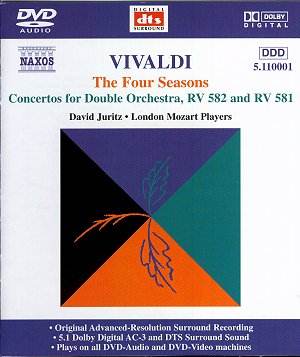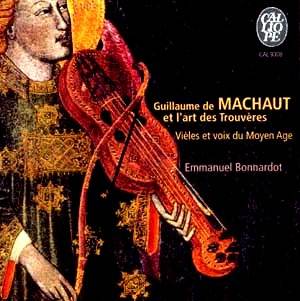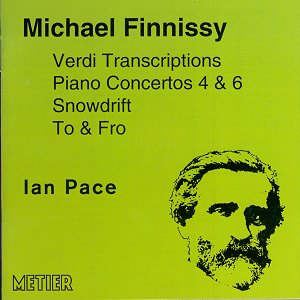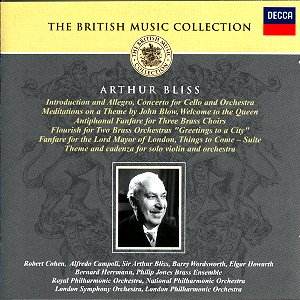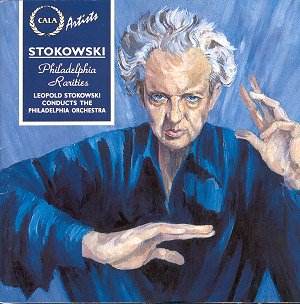 Composer: Leopold Stokowski
Composer: Leopold Stokowski
Works: Tchaikovsky: The Nutcracker Suite; Ippolitov-Ivanov: In the Manger (orch. Stokowski); Glazunov: Danse Orientale from Scenes de Ballet; Rimsky-Korsakov: Scheherazade
Performers: Alexander Hilsberg, violin; Philadelphia Orchestra, Leopold Stokowski, conductor
Recording: 1927-1934
Label: Cala CACD 0521
Leopold Stokowski, an indelible figure in the tapestry of 20th-century orchestral music, is often celebrated for his pioneering spirit in orchestration and interpretation. This collection, featuring his interpretations of Tchaikovsky, Ippolitov-Ivanov, Glazunov, and Rimsky-Korsakov, encapsulates a period when Stokowski was at the helm of the Philadelphia Orchestra, a time characterized by bold sonic explorations and lush orchestral textures. Recorded between 1927 and 1934, this set offers a vivid glimpse into the conductor’s innovative approach and the orchestra’s vibrant character during a transformative era in classical music.
Stokowski’s reading of Tchaikovsky’s The Nutcracker Suite is particularly striking. The conductor’s rhythmic liberties evoke a fresh vitality that contrasts with traditional interpretations. The “March” from the suite, for instance, is imbued with a buoyancy that captures the festive spirit, yet Stokowski’s choices lead to moments of unexpected solemnity that challenge conventional expectations. Such interpretive decisions, while occasionally controversial, showcase his unique vision. The sound quality, especially for recordings of this vintage, is commendable, allowing the delicate woodwinds and vibrant brass to emerge with clarity, a testament to the engineering standards of the era.
Exploring Ippolitov-Ivanov’s In the Manger, the orchestration by Stokowski enhances the work’s innate charm. His orchestral palette broadens the emotional scope, transforming a relatively simple piece into an evocative tableau. The lush strings and warm brass, coupled with Stokowski’s penchant for portamento, engender a narrative depth that resonates beyond the surface. The same can be said for Glazunov’s Danse Orientale, where Stokowski’s dynamic control and nuanced phrasing elevate the work from a mere orchestral diversion to a captivating performance that feels both exotic and immediate.
The highlight of this collection is undoubtedly Rimsky-Korsakov’s Scheherazade, a staple of the orchestral repertoire that benefits immensely from Stokowski’s interpretative flair. The sensuous string playing, particularly from concertmaster Alexander Hilsberg, breathes life into the narrative of Scheherazade’s tale. Stokowski’s approach to the score is both expansive and intimate, with careful attention to the contrasts between the lush orchestral swells and the delicate solos. The famous “Festival of Baghdad” is a tour de force, with its intricate interplay between orchestra and soloist, rendered with a vivacity that is infectious. The recording’s engineering captures this complexity beautifully, allowing the listener to appreciate the myriad colors and textures within the orchestration.
This collection is a testament to Stokowski’s artistry and the Philadelphia Orchestra’s unparalleled sound during the early 20th century. Each performance encapsulates a moment in time, where the audacious spirit of Stokowski’s conducting and the orchestra’s technical prowess converge to create music that is both historically significant and artistically compelling. With this release, listeners are invited to experience not only the music of the composers but also the inimitable essence of Stokowski himself, whose legacy continues to inspire and provoke thought in the world of classical music.
